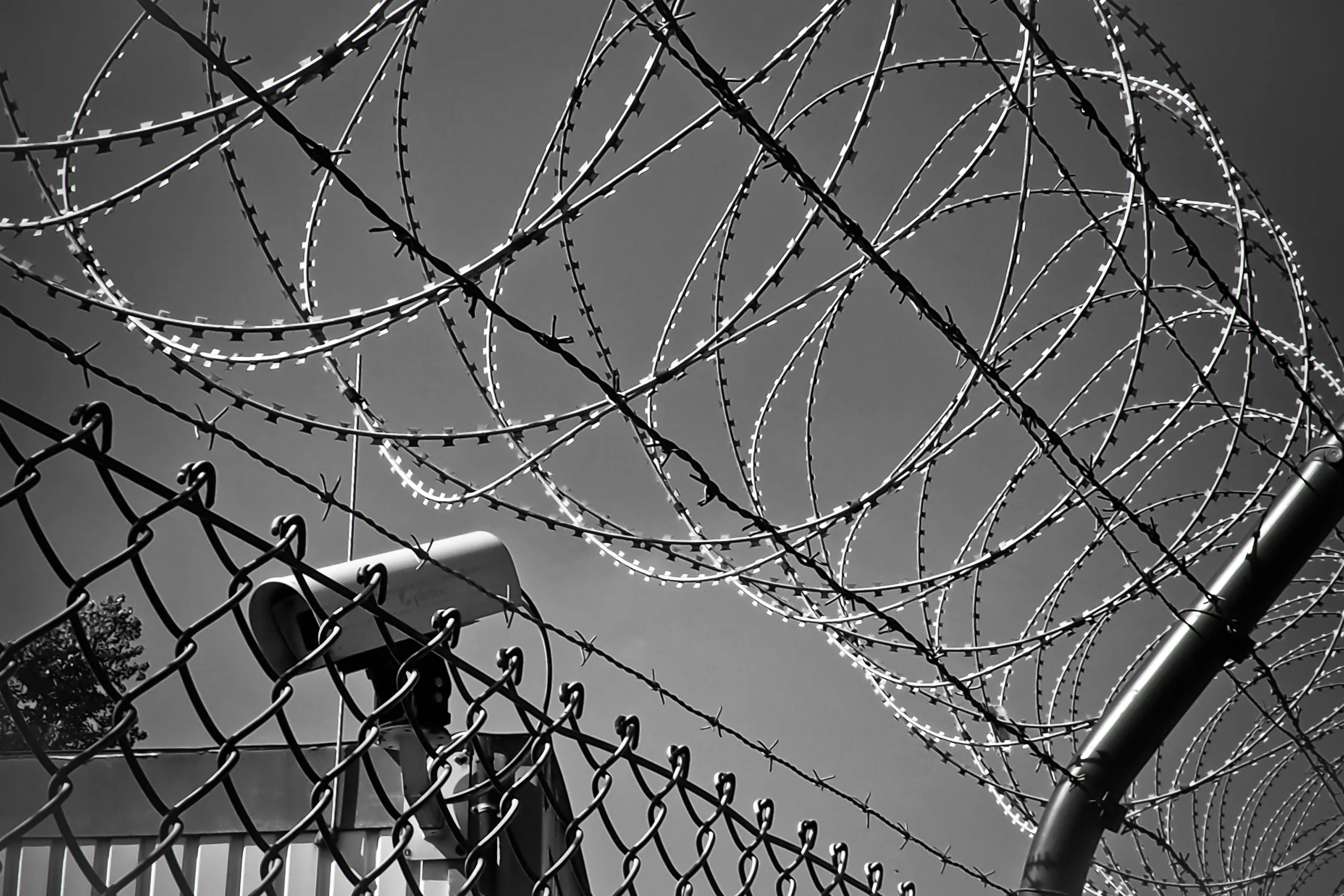In a recent development, a federal judge has issued a temporary restraining order blocking the removal of razor wire erected by Texas officials along the border with Mexico. Chief U.S. District Court Judge Alia Moses intervened, restraining the Biden administration and Border Patrol agents from dismantling the razor wire, with limited exceptions for medical emergencies. This legal action marks an early victory for Texas Governor Greg Abbott and other state officials who have consistently challenged the Biden administration on immigration policies. The ruling, while significant, is not the final resolution of this contentious matter.
The Texas Lawsuit
Texas initiated its lawsuit, contending that Border Patrol agents were cutting the razor wire to facilitate the entry of migrants into the United States. Texas Attorney General Ken Paxton asserted that federal agents had escalated efforts to dismantle Texas’s border barriers, using heavy machinery, including forklifts, to facilitate mass entry. It was in response to this escalation that Paxton sought the restraining order, which was granted on Monday. The state’s argument emphasizes the urgent need to protect its border infrastructure.
“By acting quickly and monitoring their actions closely, we were able to secure a restraining order, and I am confident we will continue to prevail,” Paxton stated in response to the court’s decision.
Temporary Restraining Order
The temporary restraining order issued by Judge Moses will remain in effect for two weeks, expiring on November 13. A hearing on the case is scheduled for November 7. During this period, federal officials are prohibited from removing, scrapping, disassembling, or otherwise tampering with the concertina wire installed by Texas authorities. The only exception to this restriction is for “providing or obtaining emergency medical aid.”
This ruling provides a brief reprieve for Texas officials in their ongoing battle to secure the state’s border infrastructure. However, the legal battle is far from over, and its ultimate outcome remains uncertain.
Administration’s Response
Officials from the Biden administration have offered explanations for Border Patrol agents’ actions regarding the razor wire. They stated that at times, agents needed to cut the wire to provide medical assistance to distressed migrants or to process those who had already crossed onto U.S. soil. Furthermore, they emphasized the agents’ obligation under federal law to take into custody those who have entered the U.S. without authorization, both for processing and when there are conditions that endanger the workforce or migrants.
A spokesperson for the Department of Homeland Security refrained from commenting on the specific details of the case but affirmed the department’s commitment to complying with the court’s order.
Legal Responsibilities at the Border
U.S. law mandates that federal immigration agents process migrants upon their arrival in the country to determine their fate. This process includes evaluating whether migrants should be deported, released, detained, or transferred to another agency. This responsibility takes effect once migrants set foot on U.S. soil, a critical threshold often located in the middle of the Rio Grande, as is the case in Texas.
The legal nuances surrounding the treatment of migrants at the border are complex and multi-faceted, reflecting the challenging nature of immigration policy in the United States.
A Broader Feud
The dispute over the razor wire installation is emblematic of the ongoing feud between Texas Governor Greg Abbott and the Biden administration. Governor Abbott, a Republican, has consistently criticized President Biden for what he perceives as inadequate efforts to deter illegal border crossings. The number of such crossings has reached record high levels over the past two years, a situation that has fueled tensions between Texas and the federal government.
To counter these challenges, Texas has undertaken various measures, including deploying National Guard units to set up razor wire barriers to impede migrants’ entry. Additionally, the state has taken the unprecedented step of arresting some migrants on state trespassing charges and transporting thousands of asylum-seekers to Democratic-led cities such as New York and Chicago without prior notification to local authorities.
This broader feud encompasses a wide range of immigration-related policies and actions and has profound implications for both the state of Texas and the federal government.
Record-High Border Crossings
The record-high number of border crossings is a central issue in the ongoing conflict between Texas and the Biden administration. In fiscal year 2023, which concluded on September 30, Border Patrol reported over 2 million apprehensions of migrants along the Mexican border. This marked only the second time in the agency’s history that it had surpassed this threshold.
These figures underscore the immense challenges facing Border Patrol agents and the need for a comprehensive approach to addressing border security and immigration issues. The fate of the razor wire, as symbolized by Judge Moses’ temporary restraining order, remains intertwined with the broader, highly contentious debate over immigration policy and border security in the United States.
In summary, the recent legal intervention by Chief U.S. District Court Judge Alia Moses temporarily blocking the removal of Texas’s border razor wire has added another layer of complexity to the ongoing feud between the state and the Biden administration. As this issue unfolds, it is clear that the fate of the razor wire is emblematic of the broader challenges surrounding immigration and border security in the United States. The legal battle, now set for a hearing on November 7, promises to be a focal point in the ongoing national debate on these critical issues.
